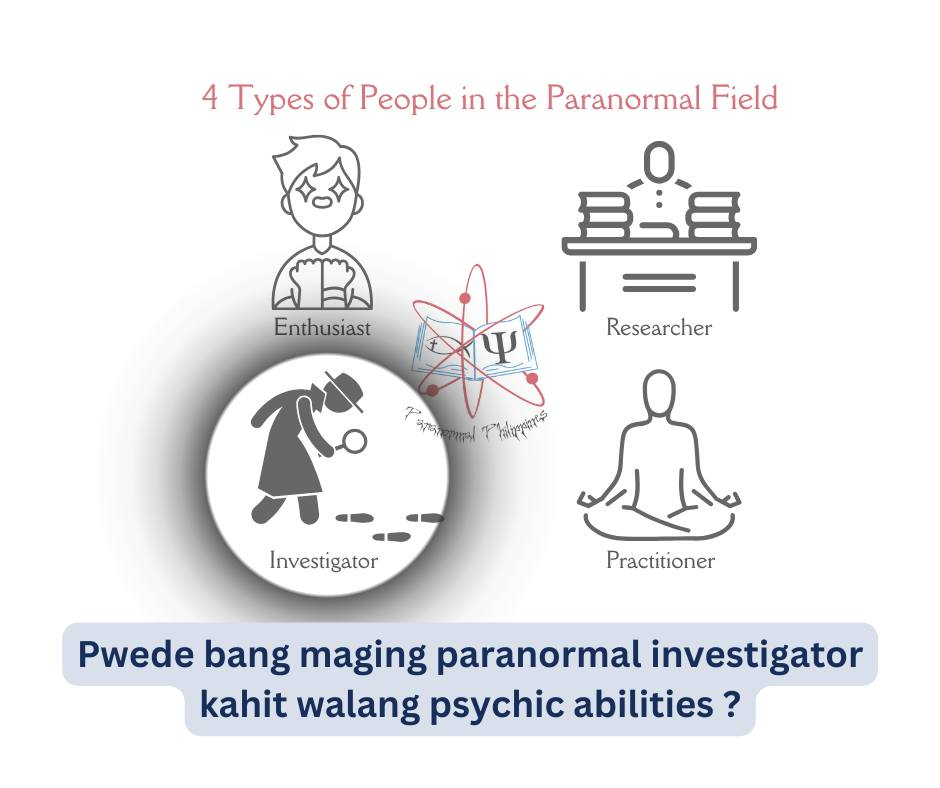Equipment for UFO Investigations
Group 1 – Essential Equipment
-
Maps & Navigation:
-
Area maps and aviation sectional charts
-
Compass (good quality)
-
-
Measurement & Documentation:
-
Tape measure (25-foot and 100-foot)
-
Ruler, L-shaped or black-and-white 1” squares (for photos beside evidence)
-
Clipboard, binder, and paper/notebook (grid paper preferred)
-
Pencils, pens, permanent markers (Sharpie type)
-
Bi-fold cards (index cards with numbers on both sides)
-
Calculator
-
Questionnaire forms (several copies each)
-
-
Lighting:
-
Flashlight with extra batteries
-
Headlamp or clip-on LED lights for hat
-
Large spotlight (example: 2-million-candlepower) with AC/vehicle/rechargeable power adaptor
-
-
Sample Collection & Analysis:
-
Sample containers (plastic jars, Ziploc bags, or unused paper bags—hold ~1 cup)
-
Tweezers, sterile (stored in sealed plastic bag)
-
Magnifying glass
-
String (bright fluorescent, on a roll-up reel)
-
Teaspoons, sterilized (stored in sealed plastic bags)
-
Plastic sample bags & tags for labeling
-
Small garden trowel or shovel
-
Knife / Leatherman (multipurpose tool)
-
Paraffin or plaster of paris (for impressions or molds)
-
-
Observation Tools:
-
Binoculars (for viewing distant terrain/objects)
-
Color chart
-
Inclinometer (or plastic protractor)
-
-
Safety & Comfort:
-
Tarp, tent, stakes (for shelter in inclement weather)
-
Gloves (disposable polyethylene or nitrile)
-
First-aid kit (personal use)
-
Insect repellent
-
Hand sanitizer
-
Safety glasses or wrap-around type
-
-
Communication & Recording:
-
Digital audio recorder (for interviews, notes, etc.)
-
Cellphone & charger
-
Group 2 – Desirable Equipment
-
Video camera (HD if possible)
-
Digital camera (6 MP or higher)
-
Several 100-foot chalk lines
-
Camera tripod / monopod
-
Laptop computer with mapping capability
-
Star finder or computer astronomy program
-
GPS unit
-
FRS/GMRS radios & charger (2-way radio set)
Group 3 – Optional / Advanced Equipment
-
Geiger counter
-
Magnetometer
-
Law enforcement scanner (where legally permitted)
-
Camera light meter
-
Laser range finder
-
Ground penetrometer
-
Pocket weather meter
-
Night vision goggles / binoculars
-
Trifield meter
Notes on Equipment
-
Equipment should fit into one large or two small carry bags.
-
Some items are multi-functional (e.g., GMRS radio with GPS capability).
-
A compass may detect magnetic fields; some have built-in inclinometers.
-
Magnetometers are more sensitive but also more expensive.
-
Cameras and computers must be packed carefully (don’t forget chargers!).
-
For air travel, pack only the essentials.
Excerpt from MUFON Field Investigator’s Handbook



Comments
Post a Comment